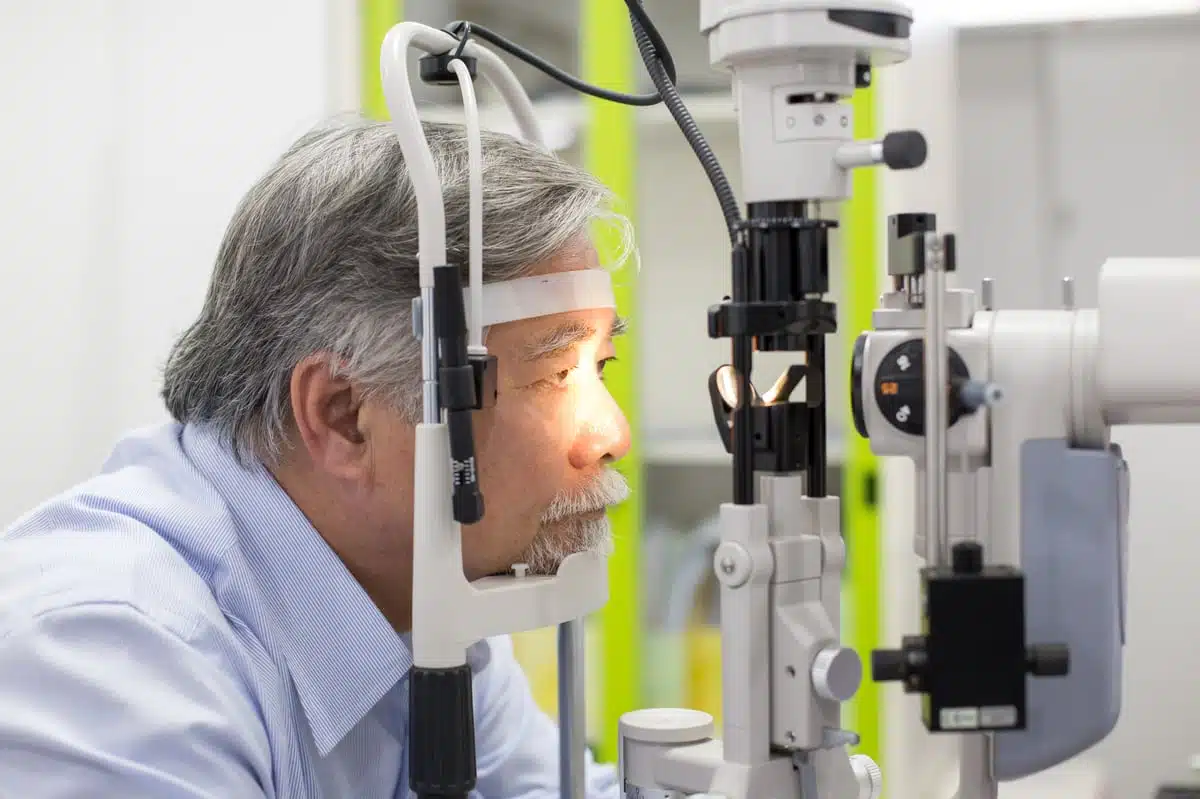However, less than half of the ALS patients involved in the study sought care from a neurologist, with older, Black, and socially disadvantaged individuals being less likely to do so.
Dr. Brad Racette, chair of neurology at the Barrow Neurological Institute in Arizona and the senior author of the study, emphasized the notable disparity in care received by ALS patients based on whether they were under the care of a neurologist. He highlighted the critical role of neurologists in providing equitable care to ALS patients and the importance of overcoming barriers to access such care.
The findings of the analysis were published in the journal PLOS One under the title “Adherence to practice parameters in Medicare beneficiaries with amyotrophic lateral sclerosis.”
The primary symptom of ALS is muscle weakness, typically starting with subtle changes affecting a specific part of the body and progressing rapidly to other muscles, leading to severe impairments in movement, swallowing, and breathing. This ultimately results in lung failure, the most common cause of death in ALS patients.
“ALS patients have a short life expectancy,” stated Racette. “Interventions that can enhance survival and quality of life are vital for their care.”

Neurologist Care Linked to Improved ALS Outcomes
In 2009, the American Academy of Neurology (AAN) issued guidelines for caring for ALS patients, incorporating evidence-based practices aimed at prolonging survival and enhancing quality of life. These guidelines include the use of oral riluzole (marketed as Rilutek, among others), early placement of feeding tubes, and the provision of noninvasive breathing assistance.
Although adherence to evidence-based practices and care provided by neurologists in specialized ALS centers correlate with better outcomes, the adoption of such guidelines may be sluggish and reliant on healthcare provider education. Moreover, demographic, geographic, and social factors can impede access to neurologists.
In light of these challenges, Racette and his team examined the impact of neurologist care, adherence to ALS clinical guidelines, and the variables associated with guideline-compliant treatment. By scrutinizing Medicare claims, they assessed 8,575 ALS cases diagnosed in 2009 and monitored until 2014. The majority of participants were non-Hispanic whites (86.7%), with approximately half being male (54.5%). Nearly all patients (91%) resided in metropolitan or micropolitan areas at the time of diagnosis, and about one in six (15.5%) lived in disadvantaged regions.
During the five-year follow-up period, less than half (42.9%) of the patients received care from a neurologist. Notably, older individuals, especially those aged 65 and above, were significantly less inclined to seek care from a neurologist compared to younger patients.
Upon adjusting for age and other demographic variables, Black patients were also found to be less likely to receive care from a neurologist relative to non-Hispanic white patients, as were individuals residing in disadvantaged areas. Patients living at least 50 miles away from an ALS center were more likely to be under the care of a neurologist.
In comparison to the overall cohort, a higher proportion of ALS patients receiving care from a neurologist were prescribed riluzole (30.2% vs. 15.3%), underwent feeding tube placement (38.7% vs. 26.7%), and received noninvasive breathing support (38.4% vs. 19.2%).
After adjustments, ALS patients managed by neurologists were over seven times more likely to receive riluzole and nearly three times more likely to undergo feeding tube placement than those not under neurologist care. Furthermore, patients treated by neurologists were more than ten times as likely to receive noninvasive breathing support.
In terms of racial disparities, Black beneficiaries were less likely to receive Rilutek or breathing support compared to non-Hispanic whites, regardless of whether they were under neurologist care or not. Conversely, Black patients were more likely to receive feeding tubes when exclusively managed by non-neurologists.
“Our study underscores the significance of receiving specialized care for ALS patients and provides evidence that can guide healthcare policies and educational initiatives in the U.S.,” Racette emphasized. “This is particularly crucial with the aging population on the rise; without interventions to address these disparities, the treatment gaps observed here may continue to widen, especially among Black and disadvantaged beneficiaries.”






